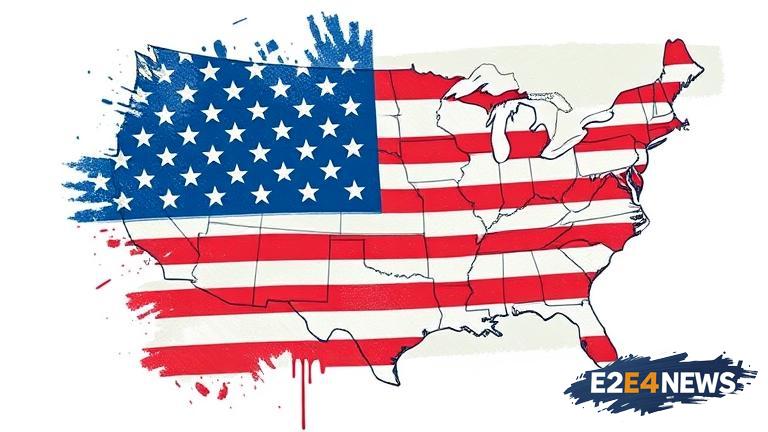The F-1 visa, a non-immigrant visa that allows international students to study in the United States, has become a highly sought-after commodity for Indian students. However, the intent to return test, a crucial aspect of the F-1 visa application process, has been causing significant distress for many Indian students. The test, which assesses an applicant’s intention to return to their home country after completing their studies, has been cited as a major reason for F-1 visa denials. According to a Redditor, who shared their experience of being denied an F-1 visa at the counter, the intent to return test is a significant hurdle for Indian students. The Redditor claimed that the test is often used as a pretext to deny visas to Indian students, despite them meeting all the other eligibility criteria. The intent to return test requires applicants to demonstrate strong ties to their home country, such as family, property, or a job offer. However, many Indian students struggle to meet this requirement, as they often have to rely on their parents or relatives for financial support. Furthermore, the test is often subjective, and the decision to grant or deny a visa is left to the discretion of the consular officer. This has led to a significant increase in F-1 visa denials for Indian students, with many being rejected without being given a clear reason. The high rejection rates have caused significant distress and disappointment for Indian students, who often have to put their academic and career plans on hold. The F-1 visa denials have also affected the reputation of Indian students, with many being perceived as ‘high-risk’ applicants. The Indian government has taken note of the issue and has been in talks with the US government to simplify the F-1 visa application process. However, until then, Indian students will continue to face significant challenges in pursuing their American dreams. The F-1 visa denials have also had a ripple effect on the Indian economy, with many students being forced to opt for alternative destinations such as Canada or Australia. The intent to return test has also been criticized for being discriminatory, as it often favors applicants from wealthier countries. The test has also been accused of being a tool to restrict immigration, rather than a genuine attempt to assess an applicant’s intentions. Despite the challenges, many Indian students remain determined to pursue their American dreams, and are exploring alternative options such as applying to universities in other countries. The F-1 visa denials have also highlighted the need for Indian students to be better prepared and informed about the application process. Many experts have advised Indian students to seek guidance from experienced counselors and to ensure that they meet all the eligibility criteria before applying. The Indian government has also launched initiatives to promote study abroad opportunities and to provide guidance to students on the F-1 visa application process. However, more needs to be done to address the root causes of the F-1 visa denials and to ensure that Indian students are given a fair chance to pursue their American dreams. The F-1 visa denials have also sparked a debate about the fairness and transparency of the US visa application process. Many have called for a more streamlined and objective process, which takes into account the individual circumstances of each applicant. The issue has also highlighted the need for greater cooperation and understanding between the US and Indian governments, to ensure that Indian students are not unfairly disadvantaged. In conclusion, the intent to return test has become a significant hurdle for Indian students seeking to pursue their American dreams. The F-1 visa denials have caused significant distress and disappointment, and have affected the reputation of Indian students. It is essential that the US and Indian governments work together to simplify the F-1 visa application process and to ensure that Indian students are given a fair chance to pursue their academic and career goals.
